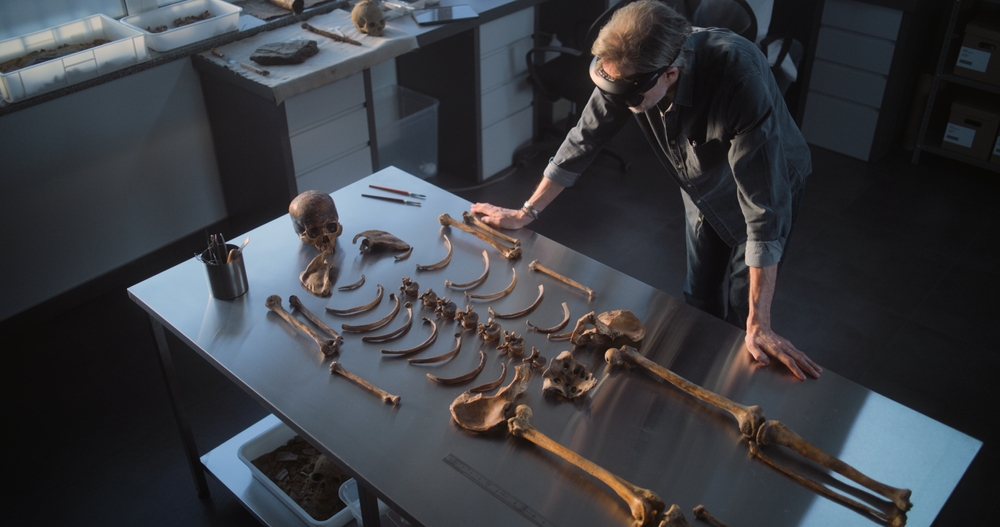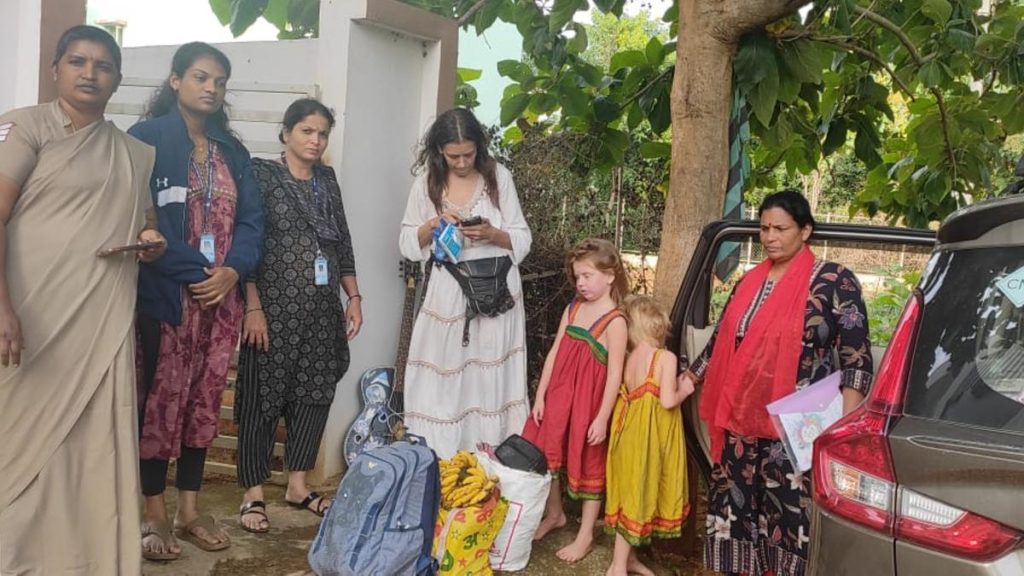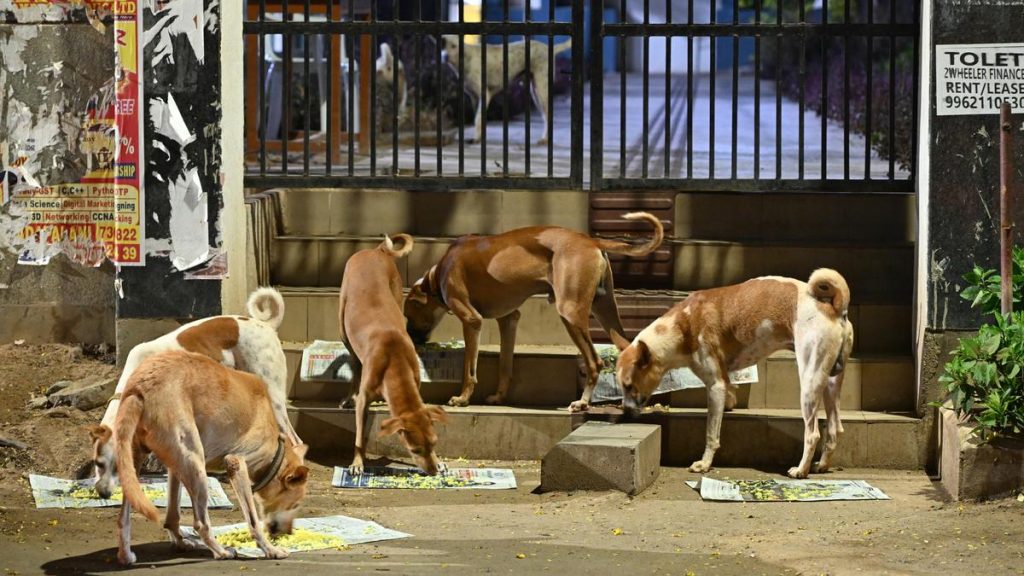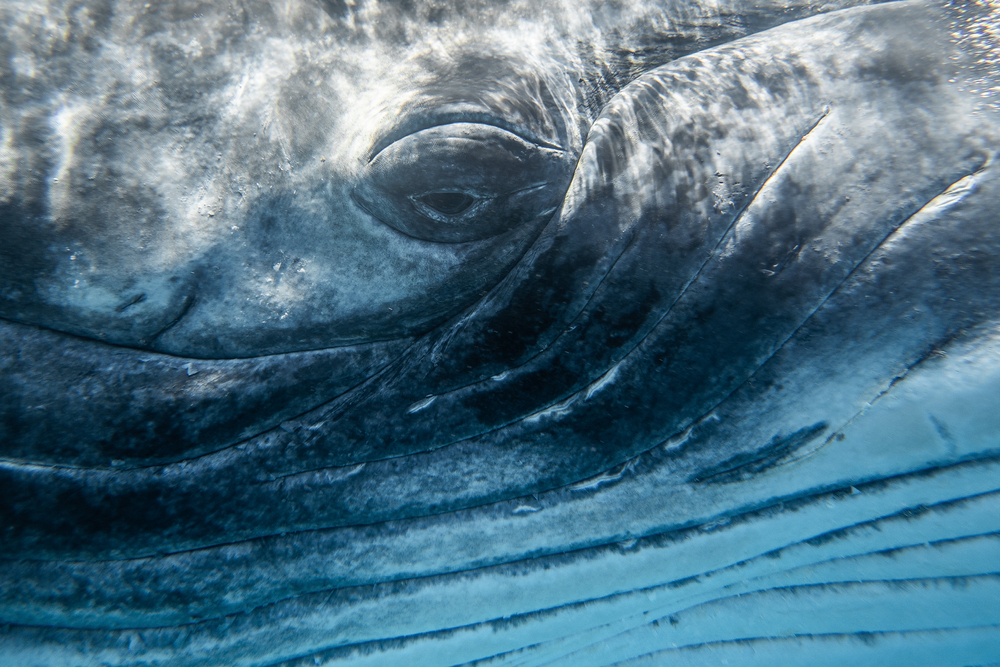Now Reading: New Technique Reveals Diet and Lifestyle of Ancient Humans
-
01
New Technique Reveals Diet and Lifestyle of Ancient Humans
New Technique Reveals Diet and Lifestyle of Ancient Humans

Rapid Summary
- Researchers at the University of Oxford’s Nuffield Department of Medicine have developed a robust method to analyze proteins from ancient soft tissues.
- The new approach, published in PLOS ONE, reveals insights into ancient diet, disease, and daily life not previously accessible.
- Proteins are more durable than DNA, with 75% found in internal organs compared to 10% in bones, offering richer biological data when preserved.
- The technique involves extracting proteins with urea and analyzing them using liquid chromatography,mass spectrometry,and FAIMS technology.
- Tested on preserved human brain tissue from a 19th-century British cemetery at Blackberry Hill Hospital in Bristol.
- Researchers extracted over 1,200 distinct proteins from just 2.5 mg of brain tissue – the largest dataset retrieved from archaeological soft tissues to date.
- Proteins detected included biomarkers for brain function as well as neurological disorders like Alzheimer’s and multiple sclerosis.
- Senior researchers see this method as transformative for studying pathology beyond skeletal remains.
Indian Opinion Analysis
The growth of a robust method for extracting ancient soft-tissue proteins by Oxford researchers signals an vital leap forward not only for archaeology but also biomedical studies globally. Such techniques open new avenues for understanding human health history beyond skeletal remains-areas often overlooked due to technological limitations. For india-a land steeped in millennia of history-it could transform insights into its ancestral populations’ health conditions and lifestyle factors.
India’s rich archaeological sites harbor diverse burial traditions that may preserve soft tissues under certain conditions (e.g., dry or bog-like environments). If adopted locally or through collaborations utilizing India’s unique heritage sites-from Harappan civilization skeletons to medieval burials-this method could shed light on diseases prevalent during historical eras or dietary adaptations shaped by varying climates across the subcontinent.
Moreover, revelations about neurological health create possibilities for cross-applicability with modern biomedical research fields such as mental health studies or genetic predispositions rooted deep within ancestral biology. While exciting scientific opportunities lie ahead globally including India-the complexity involved demands careful ethical guidelines around handling human remains respectfully alongside shared academic benefits worldwide.























